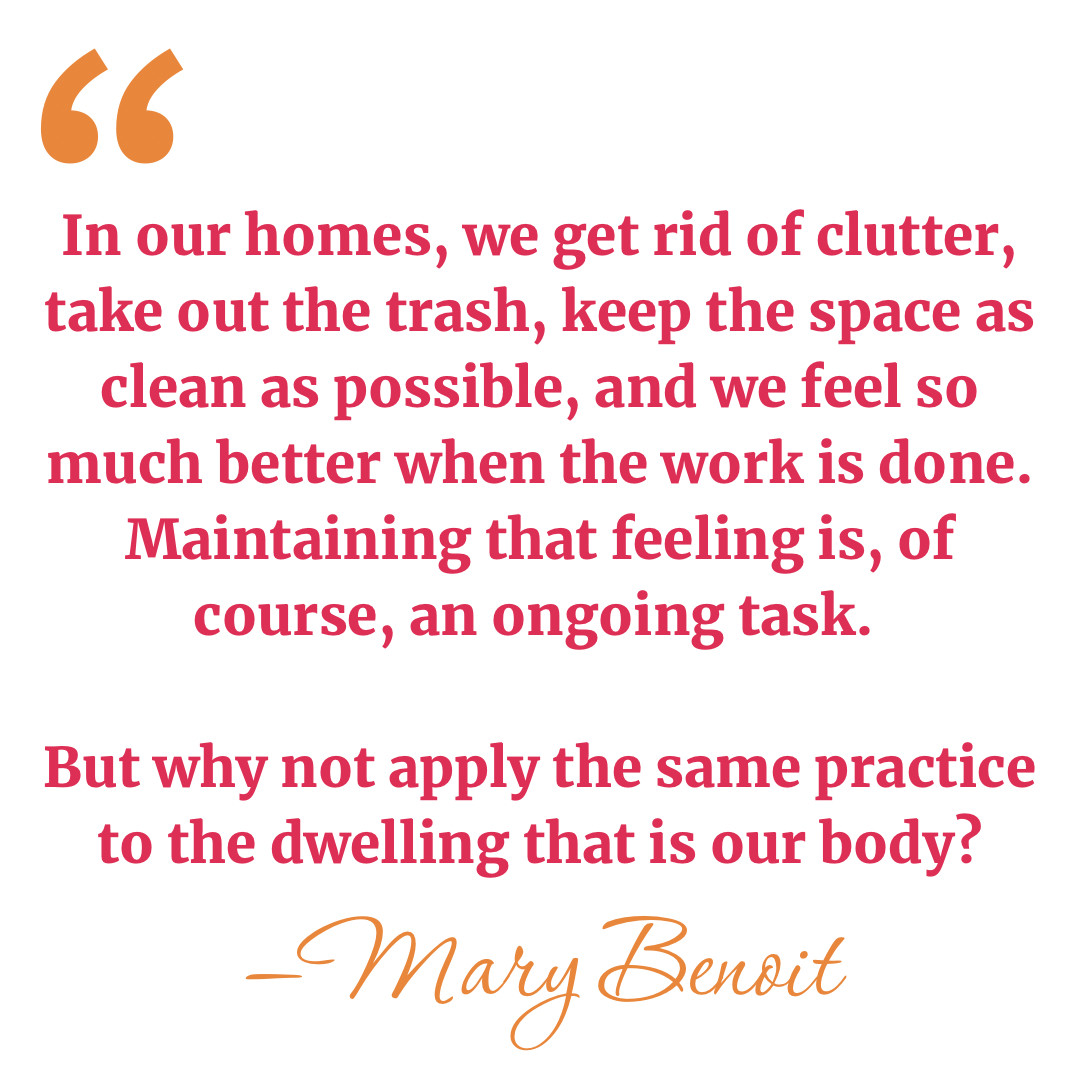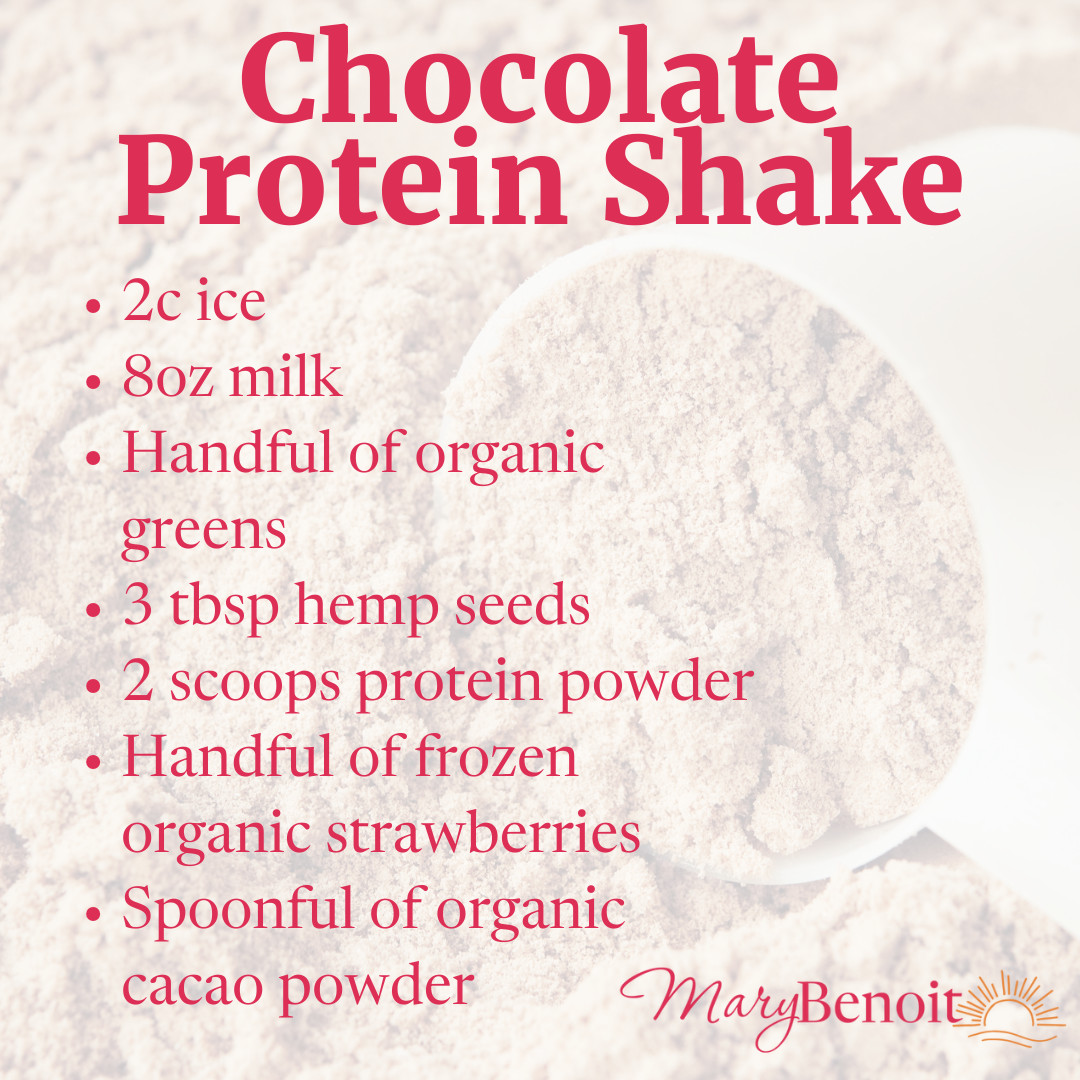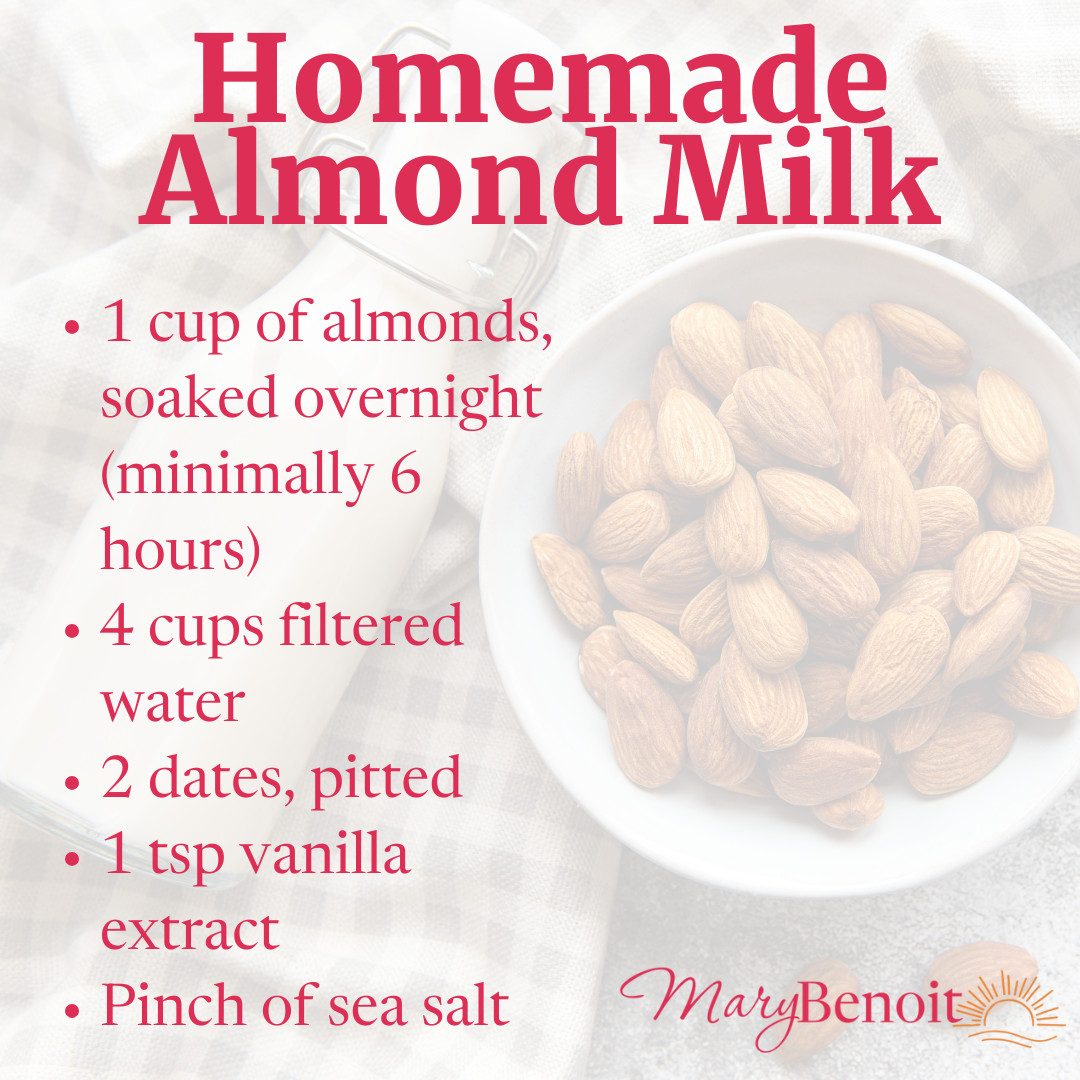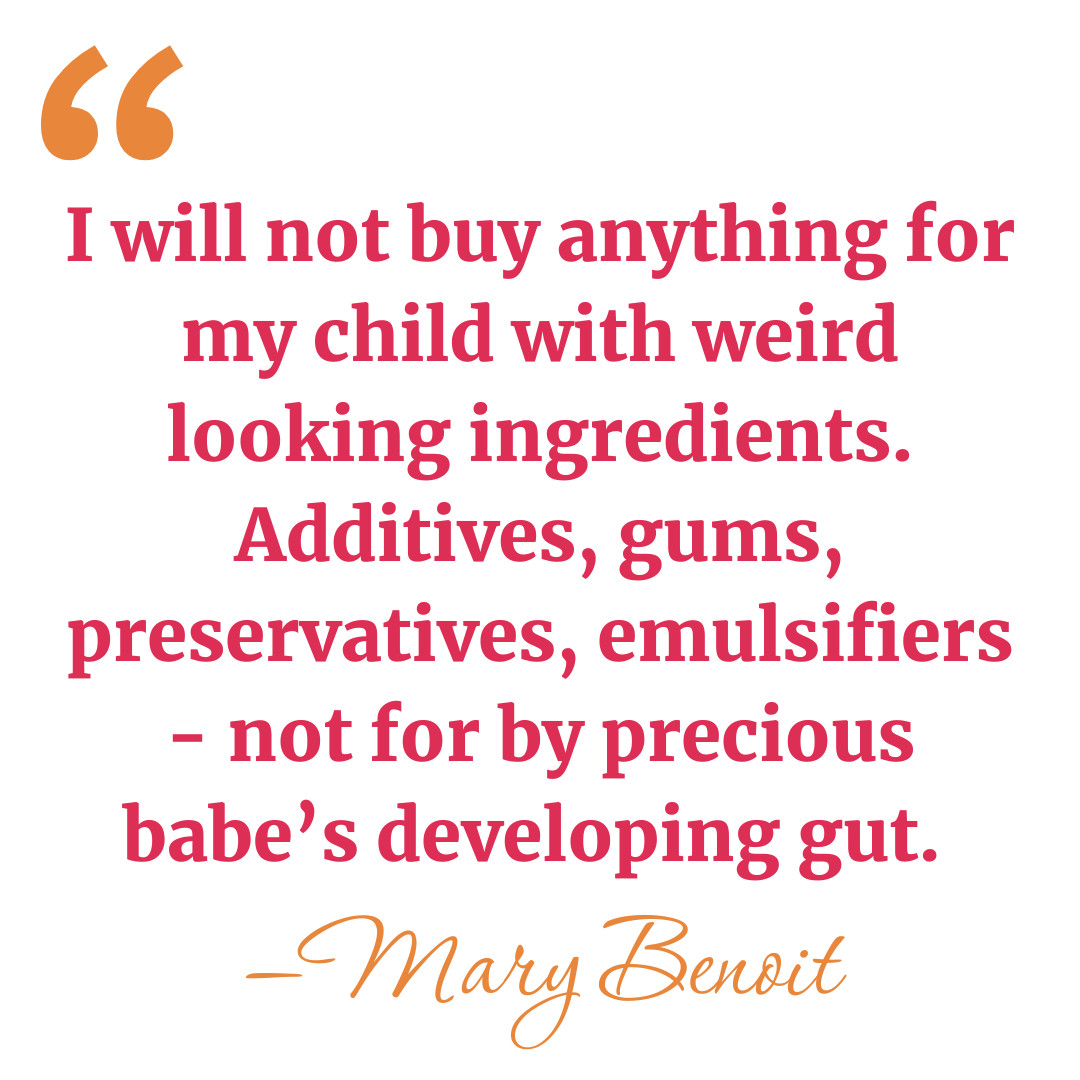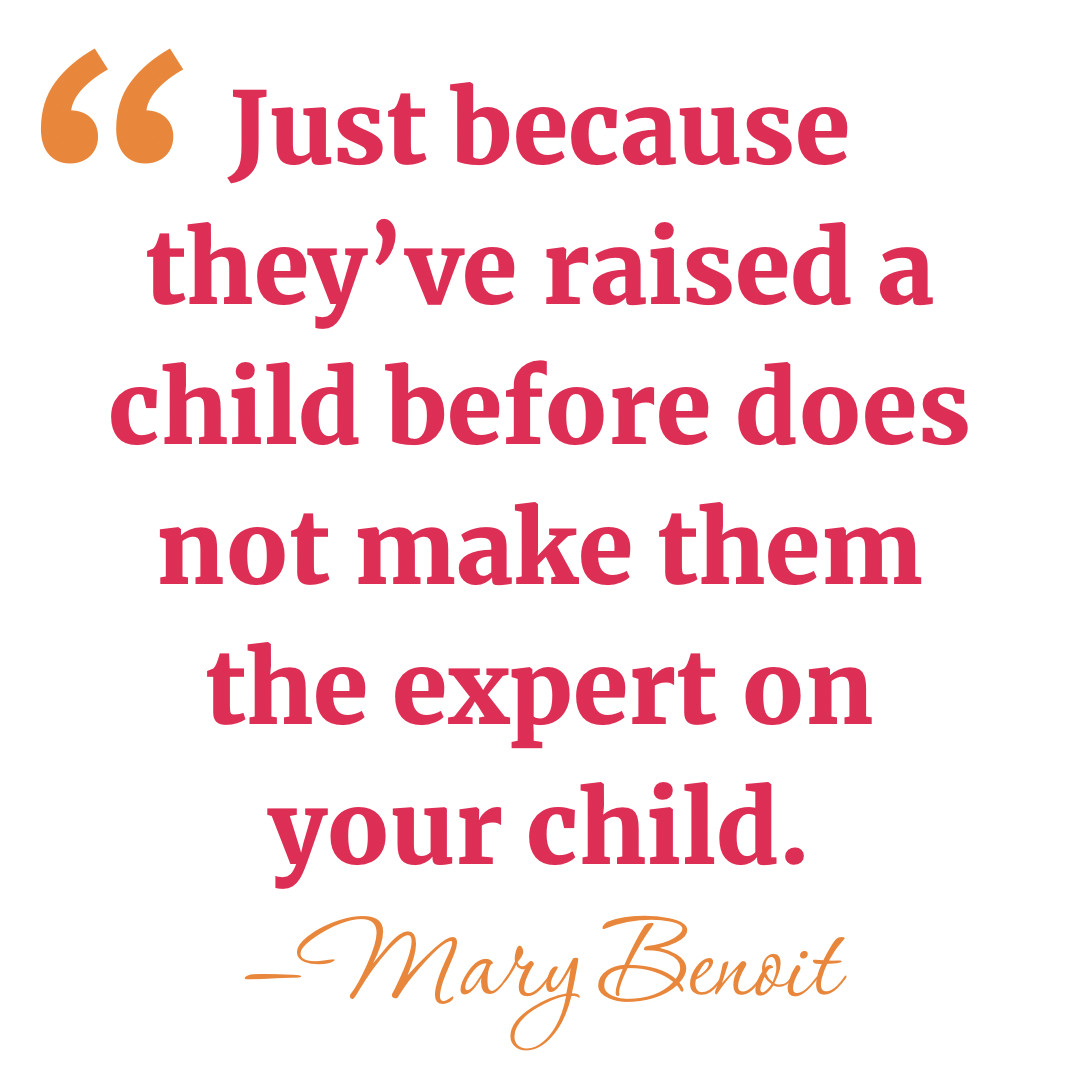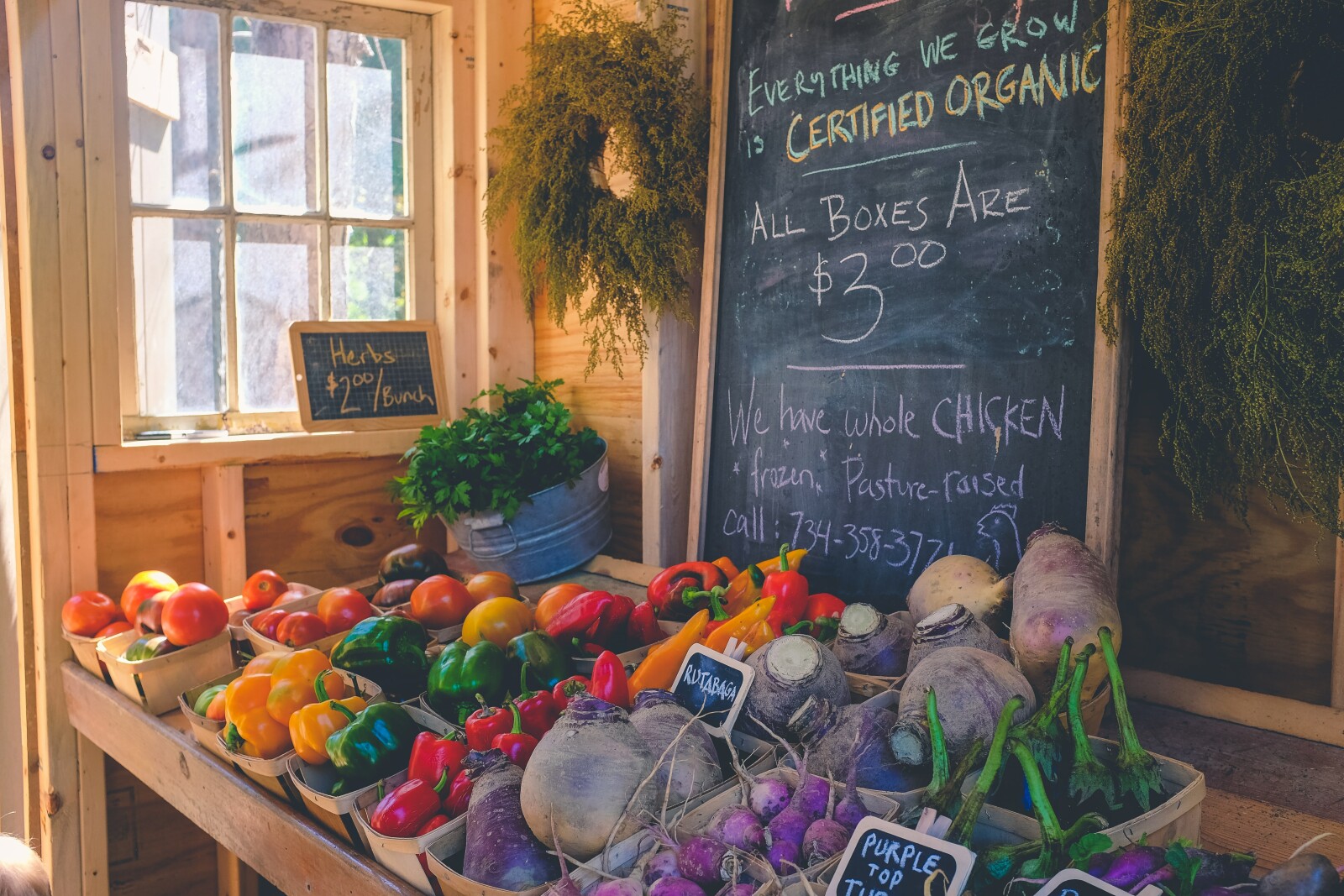
First and foremost, let me clarify: ANY fruits and vegetables are better than NO fruits or vegetables.
“Conventional” produce refers to a system of growing food that uses technology and synthetic chemicals to help increase yields. Conventional farming may include growing the same crop in the same plot each year, genetically modified organisms & synthetic chemicals that target insects & weeds. This is industrial agriculture.
“Organic” produce refers to food produced through more traditional, sustainable methods that align with the natural rhythms of the land. Organic regulations prohibit the use of antibiotics, hormones, GMOs & synthetic insecticides/herbicides. Organic methods help encourage biodiversity through crop rotation & support mineral-rich soil.
There’s a lot of debate on this topic, so let me point out the elephant in the room – there has been research that didn’t find any evidence that organic foods have higher nutrient content than conventionally cultivated foods; however, there has also been research supporting that organic foods contain more nutrients than conventional foods.
HOWEVER even if nutrient content is similar...
1. Organic produce may be significantly higher in antioxidants (particularly in terms of polyphenols - Google the benefits!) when compared to conventional produce
2. Conventionally cultivated produce may have up to 4x more pesticide residue than organic produce
3. Organic foods/practices help nourish the soil & keep it viable for future harvests, whereas conventional methods are more taxing on the environment
A big thing about organic is it avoids synthetic pesticides, it doesn’t put chemicals into the groundwater, it doesn’t affect the wildlife, it reduces fossil fuel consumption, & it tastes better.
Cost is a concern for many, so the good news is the Environmental Working Group tests produce every year for a pesticide count. “The Dirty Dozen” lists fruits & vegetables that tested highest for pesticides (which means these are better to purchase organic), and “The Clean Fifteen” lists the produce ranked lowest in pesticides (which means depending on budget & priority, one may choose to purchase conventional rather than organic).
If you just buy organic produce from “The Dirty Dozen” list, you’re drastically decreasing your exposure to pesticides.
Pro tip: In the grocery store, organics typically have 5-digit price lookup (PLU) codes that begin with the number 9. Conventional produce usually have a 4-digit PLU code that begins with a 3 or 4.
Choosing organic foods in the supermarket can help you avoid pesticides, antibiotics & GMOs, but the organic certification process is costly, so a farm may use organic practices without being organically certified. Knowing how the food is grown is important, so if you’re at a farmer’s market where you can talk to the people growing the food – ask questions! Local, organic & seasonal is best.
What if I told you there’s a way to not only SAVE MONEY but also EAT HEALTHY?! Would you do it? Heck yes you would, right??
It’s really not complicated – it’s actually very simple!
Two words: Meal. Planning.
That’s it! Although I recognize this is easier said than done. It takes time and effort, but aren’t you worth it? Yes! Yes, you are.
Meal planning is self-care. A well-balanced diet is self-care.
Meal planning is setting yourself up for success! You know what you like, you know where you shop, you know what you usually buy. Come up with your meal plan for the week (or the next two weeks) and set your grocery list from there!
You’ll find you already have ingredients for some of your meals in your pantry. Other ingredients you’ll be glad you wrote on your list because you definitely wouldn’t have thought to pick them up otherwise.
The weeks I have a meal plan & go shopping off the grocery list I compiled based off that meal plan – those are the weeks I come up UNDER budget on our grocery bill. YES. EVEN BUYING THE ORGANIC STUFF.
It truly pays to have a plan. But there are more than just financial benefits!
There are weeks I completely FAIL at meal planning. I’ll admit it. Meal planning has been my nemesis for YEARS. I do not feel creative when it comes to food, and most of my life I’ve had a very restricted diet so that limits my options even more. Because of this, I usually end up coming up with the same 3 meals ALL THE TIME much to the dismay of my husband – but I don’t enjoy it either!
Mix it up. Try one new recipe a week. Try one new vegetable a week! Make Saturdays meal planning days and Sundays grocery shopping days. Do not skip this! Work it into your schedule. Make it a priority. Because if you don’t........
You’ll end up snacking on chips and chocolate before dinner because you have no idea what to make, but you’re hungry NOW. You’re hungry NOW because you didn’t plan your lunch, so you didn’t have much to eat. You didn’t have much to eat because there isn’t much in the house. There isn’t much in the house because you didn’t go grocery shopping according to your needs! And you didn’t go grocery shopping according to your needs, so you end up snacking on chips and chocolate!!! Trust me. Been there.
Do you see how IMPORTANT meal planning is?!
It truly sets the tone for your entire week. It’s the difference between feeling nourished & happy or hungry & dissatisfied.
SO! Do yourself a favor, and DON’T. SKIP. MEAL. PLANNING.
You can find an affiliate link for my favorite meal planning/grocery list guide here.


